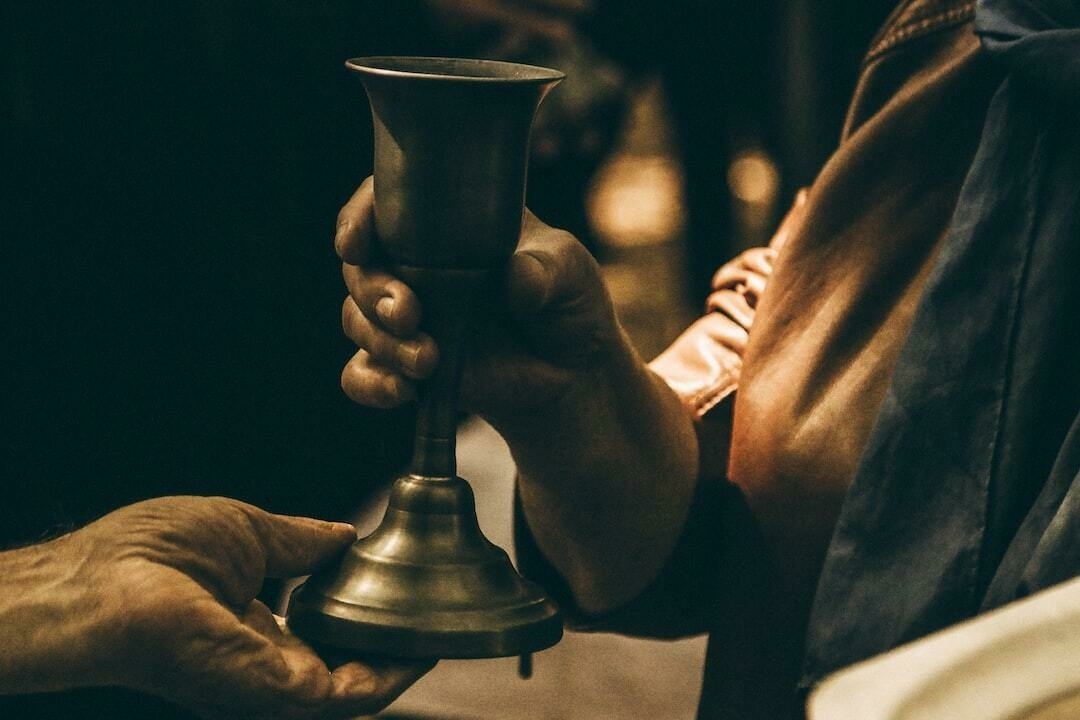Maundy Thursday
Learning from Jesus “on the night in which he was betrayed.”
In first-century Galatia, a small but powerful group of teachers insisted that anyone who wanted to become a Christian must show that they are truly Christian through some outward sign. A very specific outward sign, in fact: circumcision.
After dismantling this argument throughout his letter to the Galatians, St. Paul proposes his own outward sign of the Christian faith. In what has since been dubbed the “Fruit of the Spirit,” he lists several outward signs (fruit) of a life indwelled by the Spirit.
According to this list, what is the very first thing you should outwardly notice in the life of a Christian?
Love.
Maundy Thursday is a celebration of two sacred moments in the life of Jesus, both of which are wrapped in love. The name itself comes from the Latin work for command (mandatum), since Jesus gives his disciples a new commandment on this sacred Thursday:
A new commandment I give to you, that you love one another: just as I have loved you, you also are to love one another.
This new commandment is shared in two ways, both of which are celebrated each year on Maundy Thursday.

First, Jesus washes the feet of his disciples. Jesus taught that the Son of Man came not to be served, but to serve. And then he followed through by assuming the role of a household slave. Peter’s initial refusal to have his feet washed, followed by his request for Jesus to wash his entire body has always struck me as capturing my own posture towards Jesus: an oscillation between full embrace and keeping what I deem to be an appropriate distance.
After washing their feet, Jesus shares a meal with his disciples. Maundy Thursday is about foot washing, but it is also a celebration of the institution of this sacred family meal.
New Testament scholar N.T. Wright points out something about that evening that is worth considering:
When Jesus himself wanted to explain to his disciples what his forthcoming death was all about, he didn’t give them a theory, he gave them a meal.
Jesus is instituting a very specific meal in the Last Supper, one that has been celebrated every single day somewhere on the planet since the earliest days of the Christian Church. But what is true of the Lord’s Supper can also be somewhat true of each of our meals by extension. I love the prayer below, taken from Every Moment Holy, about all meals and what they can become for us:
Meet us in the making of this meal, O Lord, and make of it something more than a mere nourishment for the body.
What is true of all meals is most true of the Eucharist.
But that Thursday, and this Thursday, are about more than just a meal. When the Last Supper is revisited in 1 Corinthians, Paul reminds his readers that all of this took place “on the night in which he was betrayed.” The cross was on the horizon even as bread and wine were being shared amongst friends on the first Maundy Thursday.
The Last Supper was the beginning of the three most important days in the history of the universe, and so Maundy Thursday is the beginning of the three most important days in our Church Year.
May God use these days to equip us to live out the new commandment he first gave two thousand Thursdays ago.